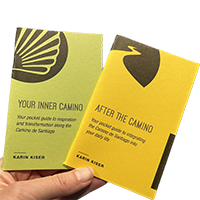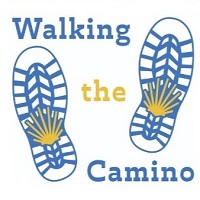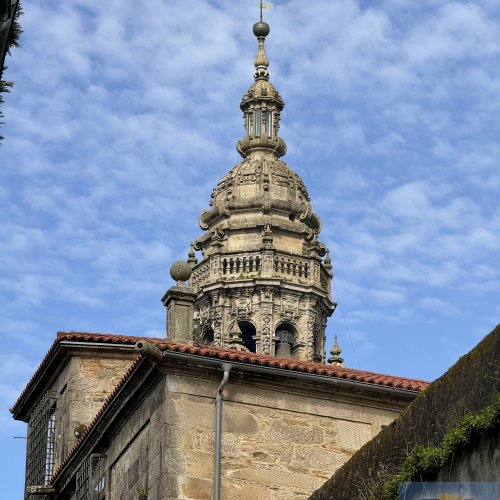Wow, I'm ready to google that right now!
I'll wait, though, until I've told my narratives

I've gotten horribly ill in Mexico (eating fermented fruit and chicken soup with the little claw in it), but nothing in comparison to what happened in Vietnam and Cambodia--where I am sure I nearly died on one occasion.
I had gone out for a nightcap with a Scottish Physical therapist. Jack and I both had a little nip of Irish Cream. The next morning, I felt a bit off. Within two hours, I had V and D so intensely that I lost all fluids and began having severe cramping and blacking out.
Fortunately, the doctor down the little dirt road we lived on was available, and set up a drip iv for me in both legs and an arm--after giving me something to stop the projectile V and D. Yikes. Later, he gave me a sapphire pendant and thanked me for accepting treatment. Great neighbor, and I ended up being his daughter's teacher.
Then there was the time I ate shrimp in Ho Chi Minh City. That was dumb. Taxiing into P Penh, big problems. I barely made it into the hotel room. That was a Cipro situation and there was no doubt about that.
I've found in all my "developing country" travels I need to stop the V and D, then treat it with Cipro--we're not talking tummy ache or just a little case of traveller's diarrhea; it's usually a high drama "might be dying here". I've had Dengue Fever, Giardia, and all sorts of nasty stuff, for which--of course--antibiotics would be inappropriate.
Spain? never a problem, but never say never. I think that some of the advice here has been excellent: stay clean, look at the food being offered, see how the food is stored.






















